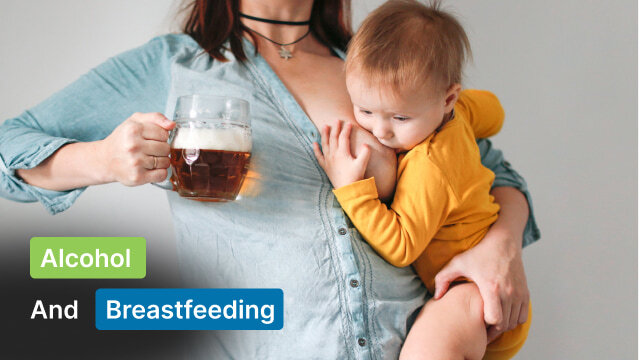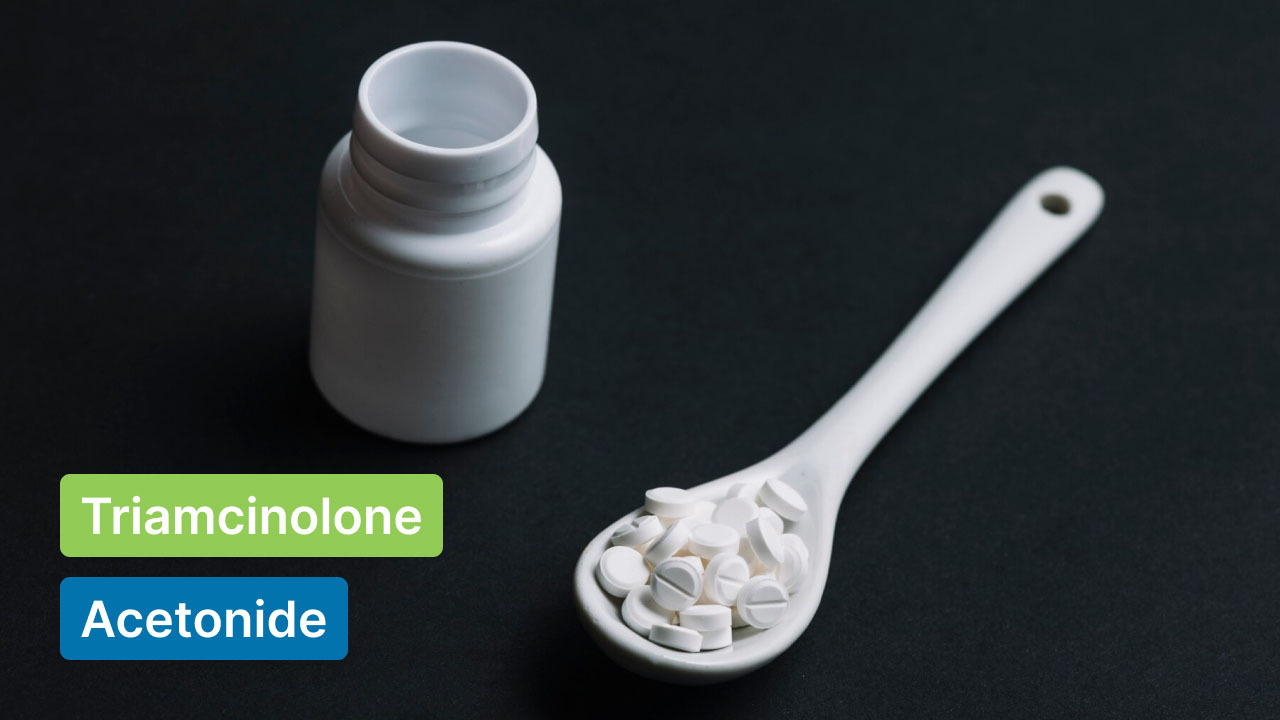
There are many people who look forward to having a child at some point in their life. It is a common desire around the world to conceive and raise a child.
Although children have a notorious reputation for being tough to handle, the parents will confirm that they are worth it. The decision of when to have a child is decided by various societal factors like income, career, marital status, etc.
However, conceiving a child depends on far more factors than reaching a conclusion that this is the path one wants to take.. Factors such as health, lifestyle, and fertility become vital factors that determine the chances of conceiving a child successfully.
Fertility is a vital factor that determines the ability to conceive in both men and women. Historically, it has been an uncomfortable topic of discussion. However, people have now adopted a healthier attitude toward talking about it.
This is because the pressure to conceive is enormous. This can be overwhelming for those who are unable to get pregnant. For women over 40, the urgency to conceive is even more heightened as the chances of getting pregnant decrease with age.
Fertility is a crucial aspect of women's reproductive health, and having healthy fertility levels can have a positive impact on overall health and well-being.
With technological advancements, fertility drugs have become a popular option for women who are struggling to conceive. However, not all fertility drugs work the same, and some may be more effective than others, particularly for women over 40.
Decrease of Fertility in Women with Age
Fertility declines with age (in women) as a part of the natural aging process. The decline in fertility starts around the age of 32 and accelerates after 35. This is primarily because of the fact that a woman’s body has a finite number of eggs, which gradually decrease with time.
The quality of eggs can also decrease with age due to factors like lifestyle choices, pre-existing conditions, hormone balance, overall health, and medications.
As women age, the levels of follicle-stimulating hormone (FSH) and luteinizing hormone (LH) increases while the estrogen levels decrease. This leads to hormonal imbalances that can disrupt the regular menstrual cycle. Having an irregular menstrual cycle can make it tougher to predict ovulation and time intercourse accordingly.
Besides age, there are also other factors that can contribute to the decline in fertility. For example, smoking, obesity, and underlying health conditions such as polycystic ovary syndrome (PCOS) can further decrease fertility in women.
These factors can also create complications such as miscarriage, stillbirth, and preterm labor also increases with age.
There are a lot of aspects to consider when trying to conceive. Therefore, it is vital that women over 40 who are trying to conceive are aware of the potential challenges they may face and seek help from a healthcare provider as early as possible to maximize their chances of success.
You May Also Like: Does Abortion Affect Fertility?
What are Fertility Drugs for Women?
Fertility drugs for women are certain drugs and supplements that help enhance fertility in women who experience difficulties or complications when trying to conceive.
Fertility drugs for women generally work by stimulating the production of hormones that regulate the menstrual cycle and promote ovulation. They may also be used in combination with other treatments, such as intrauterine insemination (IUI) or in-vitro fertilization (IVF).
There are several types of fertility drugs, and they each work differently toward restoring hormonal balance.
For example, clomiphene citrate works by blocking estrogen receptors in the brain, which leads to the production of follicle-stimulating hormone (FSH) and luteinizing hormone (LH) in the pituitary gland. Meanwhile, gonadotropins already contain FSH and LH and can directly stimulate the ovaries.
Fertility drugs can have potential side effects and risks, and it's important to use them only under the guidance of a qualified healthcare provider. In some cases, fertility drugs may not be effective, and alternative treatments may be necessary to achieve a successful pregnancy.
Best Fertility Drugs for Women Over 40
There are several fertility drugs available for women over 40, such as:
i). Clomiphene Citrate (Clomid)
Clomiphene citrate is one of the most commonly prescribed fertility drugs for women of all ages. More popularly known as Clomid, it works by stimulating the pituitary gland for increased hormonal balance.
Clomid makes the pituitary gland increase the production of follicle-stimulating hormone (FSH), which leads to the production of eggs by the ovaries. Clomid is often the first-line treatment for infertility due to its effectiveness and economical price.
Studies have shown that Clomid can be effective for women over 40, particularly for those who have regular menstrual cycles and no other fertility issues.
However, the success rates of Clomid decrease with age, and it may not be effective for women with diminished ovarian reserve or other fertility issues.
ii). Letrozole (Femara)
Marketed as Femara, Letrozole is an aromatase inhibitor that is used to treat breast cancer. However, it has been found to be effective in inducing ovulation as well.
Just like Clomid, Letrozole works by increasing the levels of FSH, which stimulates the ovaries to produce more eggs.
Letrozole is also associated with a lower risk of multiple pregnancies and ovarian hyperstimulation syndrome (OHSS), as compared to Clomid.
A combined study of Clomid and Letrozole showed that Letrozole is more effective in treating fertility issues in women, especially for those aged above 40.
The study also shows that it is superior in helping achieve live birth in women facing fertility issues, especially PCOS (Polycystic Ovary Syndrome).
This treatment has high success levels and may be more suitable than Clomid for most women.
iii). Gonadotropins
Gonadotropins are injectable fertility drugs that contain follicle-stimulating hormones (FSH) and luteinizing hormones (LH). These hormones work together to stimulate the ovaries to produce more eggs.
Gonadotropins are often used to treat women who do not respond to Clomid or Letrozole. They are also prescribed for women who have diminished ovarian reserve or other fertility issues.
However, gonadotropins are associated with a higher risk of multiple pregnancies and OHSS compared to Clomid and Letrozole.
Women over 40 who use gonadotropins may be given higher doses and longer treatment cycles than the dosage prescribed to younger women.
They have a high success rate when paired with other treatments like IVF and IUI.
iv). Human Menopausal Gonadotropin (hMG)
Human menopausal gonadotropin (hMG) is a type of gonadotropin that contains both FSH and LH. It is often used by women who have decreased ovarian function or who do not respond to other fertility drugs.
Studies have shown that hMG can be effective for women over 40. However, like other gonadotropins, hMG is associated with a higher risk of multiple pregnancies and OHSS.
Studies have shown that about 80% of women adopting hMG ovulated, and at least 60% became pregnant within six months. This stands as a testimony to the high success rates achieved by hMG.
v). Human Chorionic Gonadotropin (hCG)
Human chorionic gonadotropin (hCG) is a hormone that is naturally produced during pregnancy. However, it can also be used as a fertility drug to trigger ovulation.
hCG is often used in conjunction with other fertility drugs such as Clomid, Letrozole, or gonadotropins to stimulate ovulation. It is usually given as an injection when the follicles have reached a certain size, and ovulation is anticipated.
hCG can be effective for women over 40 who are using other fertility drugs to stimulate ovulation. However, it is important to note that hCG can increase the risk of multiple pregnancies and OHSS.
hCG has remarkable success rates, with up to 90% of women achieving ovulation and about 50% becoming pregnant within 6 months.
vi). Bromocriptine
Bromocriptine is a fertility drug that is used to treat hyperprolactinemia, a condition that can cause infertility. It works by reducing the amount of prolactin in the body, which, in turn, can help restore normal ovulation.
Bromocriptine is taken orally, and the success rate varies depending on the underlying cause of infertility.
You May Also Like: 10 Effective Fertility Supplements & How They Work?
Things To Remember
The pressure to conceive can be overwhelming, especially for women over 40. It is important to talk with your partner, family, and close friends to reach a healthy and well-informed solution.
It is important to understand the exact cause of infertility in order to treat it effectively. Consult your doctor and work together to find the root cause so that appropriate action can be taken.
If infertility is due to hormonal imbalance, fertility drugs might be the preferred option. The fertility drugs listed above are some of the most effective options for women over 40, but they also come with their own set of risks and side effects.
It's essential to weigh the benefits and risks of each medication and consider all the options available to maximize the chances of a successful pregnancy.
It is important to remember that each of these drugs has different mechanisms and may have adverse interactions with other medications. In some cases, a combination of different fertility treatments may be necessary to achieve the desired outcome.
Ultimately, the decision to use fertility drugs should be made after careful consideration of the potential reactions your body will undergo during this time.
Conclusion
Battling issues of infertility when trying to conceive can be extremely stressful. It is important to talk to your partner to help manage your emotions around this.
For women over 40 who are struggling to conceive, fertility drugs can be a viable option. However, it's important to consult with a healthcare provider to determine which fertility drug is best suited for your specific situation.
FAQs
Q: Why do women over 40 have a harder time getting pregnant?
A: As women age, the quantity and quality of eggs decrease. Additionally, hormonal imbalances and other factors can contribute to decreased fertility. These factors make it more difficult for women over 40 to get pregnant.
Q: What are some non-drug treatments that can help with fertility?
A: Some non-drug treatments that can help with fertility include acupuncture, dietary changes, stress reduction techniques, and exercise. Consulting with a healthcare provider or fertility specialist can provide you with more tailored recommendations.
Q: Are there any risks associated with fertility drugs?
A: Fertility drugs are associated with some risks, including an increased risk of multiple pregnancies and ovarian hyperstimulation syndrome (OHSS). Women should work with a trusted healthcare provider to determine the risks and benefits of different fertility treatments.
Q: Can women over 40 use the same fertility drugs as younger women?
A: The effectiveness of fertility drugs may decrease with age, and women over 40 may require different dosages or treatment protocols. Consulting with a fertility specialist can help determine which treatments are best for individual circumstances.
Q: How long does it take for fertility drugs to work?
A: The timeline for fertility drugs to work can vary depending on the drug, individual circumstances, and underlying fertility issues. It is important to work with a healthcare provider to monitor progress and adjust treatment as needed.
Q: How much do fertility drugs cost?
A: The cost of fertility drugs can vary widely depending on the drug and treatment protocol. Insurance coverage for fertility treatments may also vary. Consulting with a healthcare provider or fertility specialist can provide more specific cost information.
Q: Are fertility drugs the only option for women over 40 who want to conceive?
A: Fertility drugs are one option for women over 40 who want to conceive, but there are other treatments and lifestyle changes that can also improve fertility.
Read Also:
























